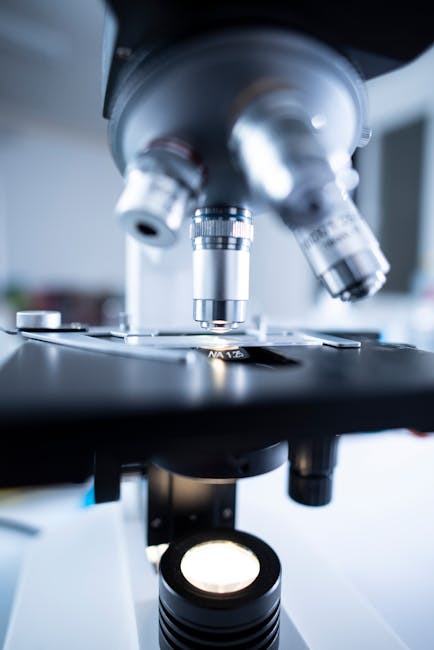Our business sectors
At NEXIO, we combine engineering (design and testing), measurement and simulation to offer tailor-made support to all business sectors.
Whether for components or complete systems, we operate on a global scale, respecting the standards in force (Europe, USA, Asia, etc.) and the specific requirements of each project.
We are committed to :
- Anticipate and master regulatory constraints right from the start of development.
- Identify and guarantee the essential functions of electronic devices.
- Minimize the costs associated with EMC/RADIO/DAS/Lightning development and certification sequences.
With over 20 years’ experience as specialists, we are well positioned to meet the challenges common to all sectors of the economy.
